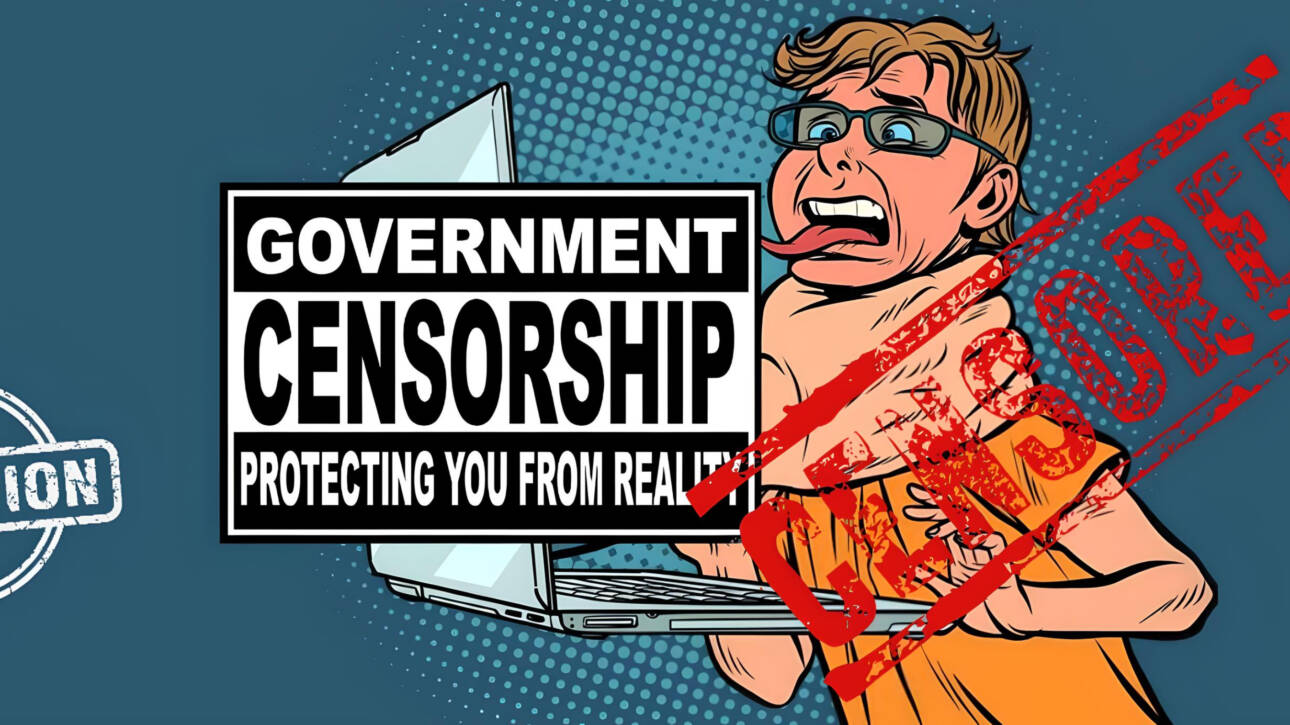The U.S. government has taken a complex and evolving stance on cryptocurrency and NFTs (Non-Fungible Tokens), particularly regarding their broad classification and attempted (Regulation).
While there has been several outright attempt to “shut down” cryptocurrency exchanges, and trading platforms, regulatory bodies like the SEC (Securities and Exchange Commission) and IRS (Internal Revenue Service) have sought to impose stricter oversight, often sparking controversy and debate. Here’s a detailed breakdown:
1. NFTs as Securities
The SEC has argued that certain NFT’s could be classified as securities under U.S. law. This stems from the application of the Howey Test, a legal framework used to determine whether an asset qualifies as an investment contract (and thus a security). Which under this test…A Barbie Doll from 1965 or a Pete Rose MVP Baseball Card could in fact be a security, which is absolutely crazy. If an NFT is marketed with the promise of future profits derived from the efforts of others, such as royalties or revenue-sharing agreements, it could fall under the SEC’s jurisdiction…Just like the Barbie Doll and The Pete Rose Card’s Expected Value increasing over time as an NFT. By the way…That also means….you know that 1977 Vegas Show Elvis Plate your Grandma left you is also a security for the Government to (Oversee) and (Regulate) to Death.
This classification would subject NFT’s to the same regulatory requirements as traditional securities, including registration, disclosure, and compliance with anti-fraud provisions. In Government Lingo that means “They want their cut and to tell you…(The Consumer) what’s best for you and where to mail their cut for doing absolutely NOTHING for it…As usual.
Critics like us argue that this approach stifles innovation and imposes burdensome requirements on creators and platforms like The Realm and countless others.
2. Cryptocurrency Regulation and “Operation Chokepoint 2.0”
In the past, there have been allegations that the U.S. government indirectly targeted cryptocurrency companies through banking restrictions like Ripple Labs. This was likened to “Operation Chokepoint,” a controversial initiative during the Obama administration that sought to cut off banking services to industries deemed high-risk…And THEY DID!.
Some crypto advocates claim that similar tactics were used to limit access to banking for crypto firms, effectively curtailing their operations, administratively closing their accounts, refunding their bank account balance and giving them the “Bums Rush” out their (REGULATED) Bank Door. Even though most “Banks” have been caught (Red Handed) Committing Loan Fraud, Bank Fraud, Security Fraud, Lending Fraud and Creating “Dummy” Accounts to store their profits they were stealing from us all during the Housing Bubble. But as long as its “Just Standard Banking Practices” It’s OK.
3. IRS and Taxation
The IRS has also played a significant role in attempting to (REGULATE) Cryptocurrency and NFTs by treating them as property for tax purposes. This means that every transaction involving crypto or NFT’s whether buying, selling, or trading is a taxable event.
Critics like us argue that this approach creates a complex and often punitive tax environment, discouraging mass adoption and stifling innovation. After All…The IRS has been found to have been stealing Trillions of dollars from the American people for a hundred years or more…You know…Getting THEIR “Fair Share” of OUR MONEY! Theft is Theft no matter how you look at it..Unless it’s the government, then its simply called a Tax NOT Theft.
4. Allegations of Fraud and Overreach
Some in the crypto community, like us have accused the SEC and IRS of overreach and even fraud. These allegations often center on covered up transactions, lost FBI reports, people being deceased before their time or lazy enforcement actions and a lack of clear regulatory guidance. For example, the SEC has been criticized for targeting specific projects or companies while allowing others to operate freely, creating an uneven playing field for the people that didn’t donate to their election campaign or play golf with them.
5. Recent Developments
However, under the Trump administration, there was a shift toward a more crypto-friendly regulatory environment, including efforts to “Reclassify” certain digital assets like NFT’s as “Collectibles” rather than securities. However, this approach has not been universally adopted by the same embezzling thieves that donated to the Ukraine’s Money Laundering Scheme and used the FTX to get their cut sent to them back here in the USA, and the regulatory landscape remains fragmented.
6. But THEN!
In the letter exclusively obtained by FOX Business, the lawmakers wrote it has come to their “attention that billions of taxpayer dollars sent to Ukraine to assist with their war efforts were potentially invested in a crypto exchange that then made massive donations to Democrats” during the midterm elections.
Nehls and the Republicans in the GOP wrote the Ukrainian government officially partnered with FTX in March to “launch a crypto donations website, ‘Aid for Ukraine,’ within days of President Joe Biden pledging billions of American taxpayer dollars to assist the country with war efforts against the “Russian Invasion.” Another Bizarre Coincidence.
7. THOSE POOR UKRAINIAN BANKERS
“While this partnership was touted as a way to assist Ukraine in cashing out crypto donations for ammunition and humanitarian aid, we all had serious concerns that the Ukrainian government may have invested portions of the nearly $66 billion of U.S. economic assistance into FTX to keep Democrats in power, and keep the money train from the fraud they set up coming in,” the lawmakers wrote.
The Republicans wrote that Bankman-Fried “was the second-largest contributor to Democrat-affiliated political action committees (PACS) and organizations, only behind liberal billionaire, George Soros.” Which I’m sure it was just another bizarre coincidence.
This ongoing tug-of-war between innovation and regulation highlights the challenges of integrating emerging technologies into existing legal frameworks.
Curiously enough despite (All Reason), “Additionally, Gabe Bankman-Fried, brother of FTX’s founder, worked until last year for Democrat Congressman Sean Casten of Illinois, whom By the way…sits on the House Financial Services Committee that oversees cryptocurrencies and Initial Coin Offering (ICO) markets,” the lawmakers added. Much like letting the wolves (REGULATE) The Chickens.











